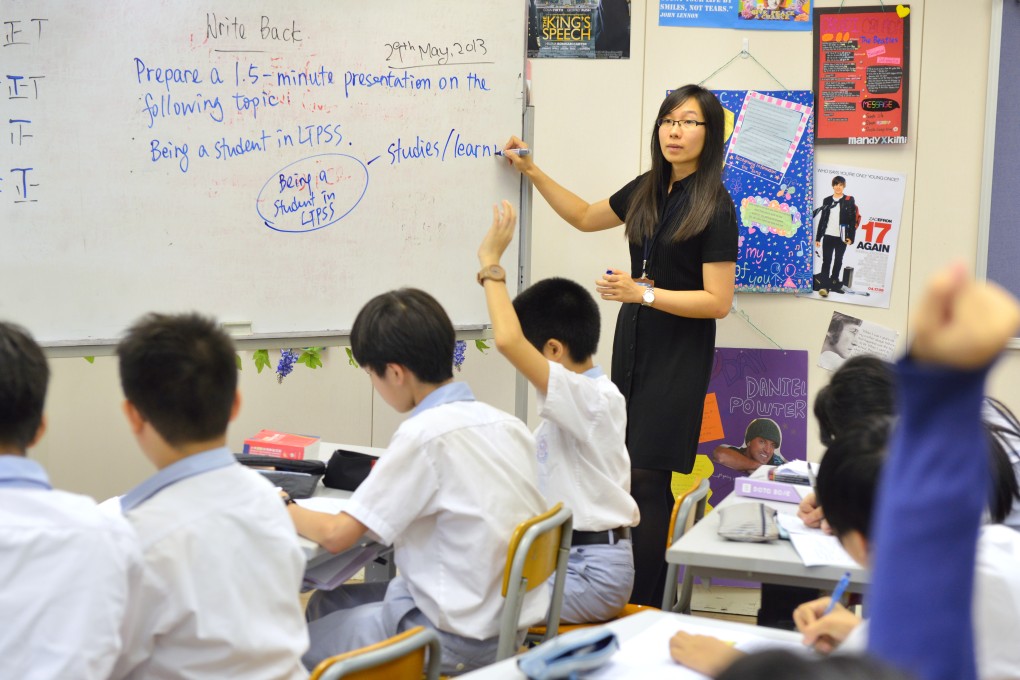To improve language standards in Hong Kong, get native English teachers to train local staff
Kelly Yang says whether we allow NETs to harness their creativity to help local educators or expand the current programme while raising local salaries, the goal is the same: to raise education standards as a whole

When it comes to teaching children using more creative forms of instruction, such as project-based learning rather than rote memorisation, there are no greater stalwarts than our city's Native English Teachers (NETs). All across Hong Kong, NETs are working hard every day to interject creativity and critical thinking into their lessons. For that, I applaud them.
However, the problem we face in Hong Kong of declining English standards runs far deeper than anything the NET scheme can solve on its own. On average, most local schools only gets one NET per school. No one teacher - no matter how hard working - can single-handedly raise the English standard of an entire school.
And if the NET programme, as it currently stands, can't bring up the English standard, then at HK$710 million, it's a lot of buck for not much bang. A better way for NETs to make an impact is if they help train local school teachers. NETs are valuable resources on how to teach creatively. If we can harness that expertise and spread it among all local teachers, we'd have a much better shot at truly raising the standard for not just English but the standard for teaching and education as a whole.
No one teacher - no matter how hard working - can single-handedly raise the English standard of an entire school
Post columnist Alex Lo recently raised an interesting question: why not just expand the NET programme? Instead of having one NET teacher at a school, why not, say, 35 per school? I like this idea in theory; however, I have two concerns. The first is the assumption that our local teachers cannot be trained to teach English properly, that we must import an army of foreigners to get the job done right.
That's not the way Singapore did it and I don't believe that's the way we have to do it; to say it is underestimates Hong Kong local teachers and their abilities. I've worked with local Hong Kong teachers, and I can say they are smart, caring and hard working. They also desperately want to learn how to teach English more effectively and innovatively - but we have to be willing to give those skills to them.
READ MORE: Let's admit it, Hong Kong's English standards will never rise
My other concern has to do with salaries. Currently, there's a great discrepancy between what a NET earns and what other local teachers make. Taking into consideration fringe benefits, many NETs make three times as much as a normal local school teacher.